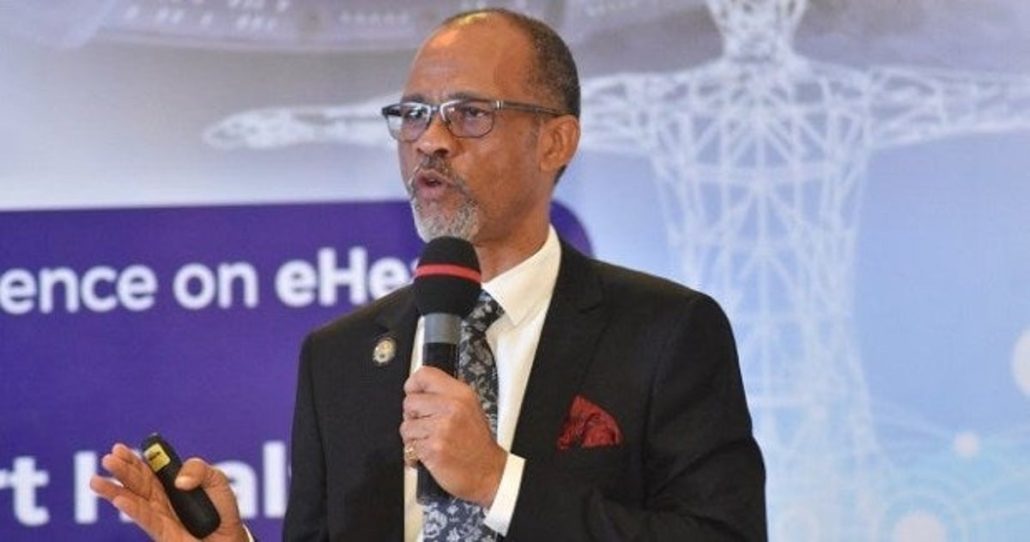
A non-governmental advocacy group, EndMalariaInNigeria, has faulted a recent claim by the Lagos State Commissioner for Health, Prof. Akin Abayomi, describing malaria as a “rare disease” in the state.
The group, in a strongly worded statement on Friday, described the commissioner’s comment as misleading and disconnected from the reality faced by many Lagos residents who still suffer from malaria.
Speaking at the Global Pest Management Conference held on Thursday, July 24, at the Marriott Hotel, Ikeja, Prof. Abayomi reportedly declared that malaria prevalence in Lagos had dropped to as low as one per cent, claiming that “most fevers in Lagos are no longer attributed to malaria but to other health issues.”
But Francis Nwapa, convener of the EndMalariaInNigeria group and a certified Pest Control Officer (PCO), challenged the validity of the commissioner’s assertion, warning that such remarks could mislead both the public and the global health community.
“We find this assertion worrisome, distorted, and a calculated attempt to mislead citizens of Lagos and the international community about the true state of malaria prevalence in Lagos State,” Nwapa said.
He expressed concern that the health commissioner’s statement appeared to overlook persistent environmental and infrastructural challenges that continue to enable malaria transmission in the state.
Tough Questions for the Commissioner
In his response, Nwapa posed a series of probing questions, demanding that the Lagos State Ministry of Health back up its claim with verifiable data.
“What data is Lagos State relying on to reach this conclusion?” he asked. “Have the factors that provide breeding spaces for mosquitoes in Lagos State been eradicated?”
He further queried whether the state government had carried out comprehensive reconstruction of drainages and canals, or implemented an effective waste management system capable of eliminating mosquito breeding sites.
“Has Lagos stopped the open dumping of refuse in Ojota, Igando and various locations? Has wastewater in the state been properly channelled for recycling?” he asked.
He also challenged the accessibility and affordability of healthcare in Lagos, wondering whether residents—particularly the poor—now have sufficient access to primary health centres and general hospitals to provide reliable data on malaria cases.

Nwapa
Nwapa asked pointedly if the Lagos government had deployed genetically modified mosquitoes to control malaria transmission or developed other innovative technologies capable of driving down malaria infection to such a significant low.
Concern Over Global Perception
The malaria advocate expressed suspicion that the commissioner’s claim may have been aimed at impressing international development partners and donors who fund malaria eradication programmes.
“Could this claim be an avenue to present to malaria eradication donors and global communities that the huge amounts donated are actually being used to correct the environmental and infrastructural deficits plaguing Lagos State?” he asked.
He lamented that the setting in which the commissioner made the statement—among experts and pest control professionals—did not encourage critical engagement.
“Unfortunately, while the commissioner made this assertion in the presence of professionals who were supposed to question the veracity of the claim, the atmosphere was riddled with sycophantic applause,” Nwapa said.
A Call for Accountability
The group urged environmental health practitioners and stakeholders in the malaria response space to remain vigilant and resist misleading public health narratives from government officials.
“Environmental health professionals must note that our actions and inactions have consequences,” Nwapa said.
“Ignoring wrong narratives made by those in authority about the fight against malaria has a proportional undermining effect on our campaign to end this deadly disease.”
He called on the Lagos State government to provide transparent data on malaria prevalence and back up any public health declarations with evidence that reflects the lived experiences of residents.
Malaria, according to the World Health Organisation, remains a major public health challenge in Nigeria, with the country accounting for a significant percentage of global cases and deaths.
While progress has been made in parts of Lagos through improved vector control and health interventions, experts warn that declaring malaria “rare” without adequate data could derail ongoing efforts and foster complacency.